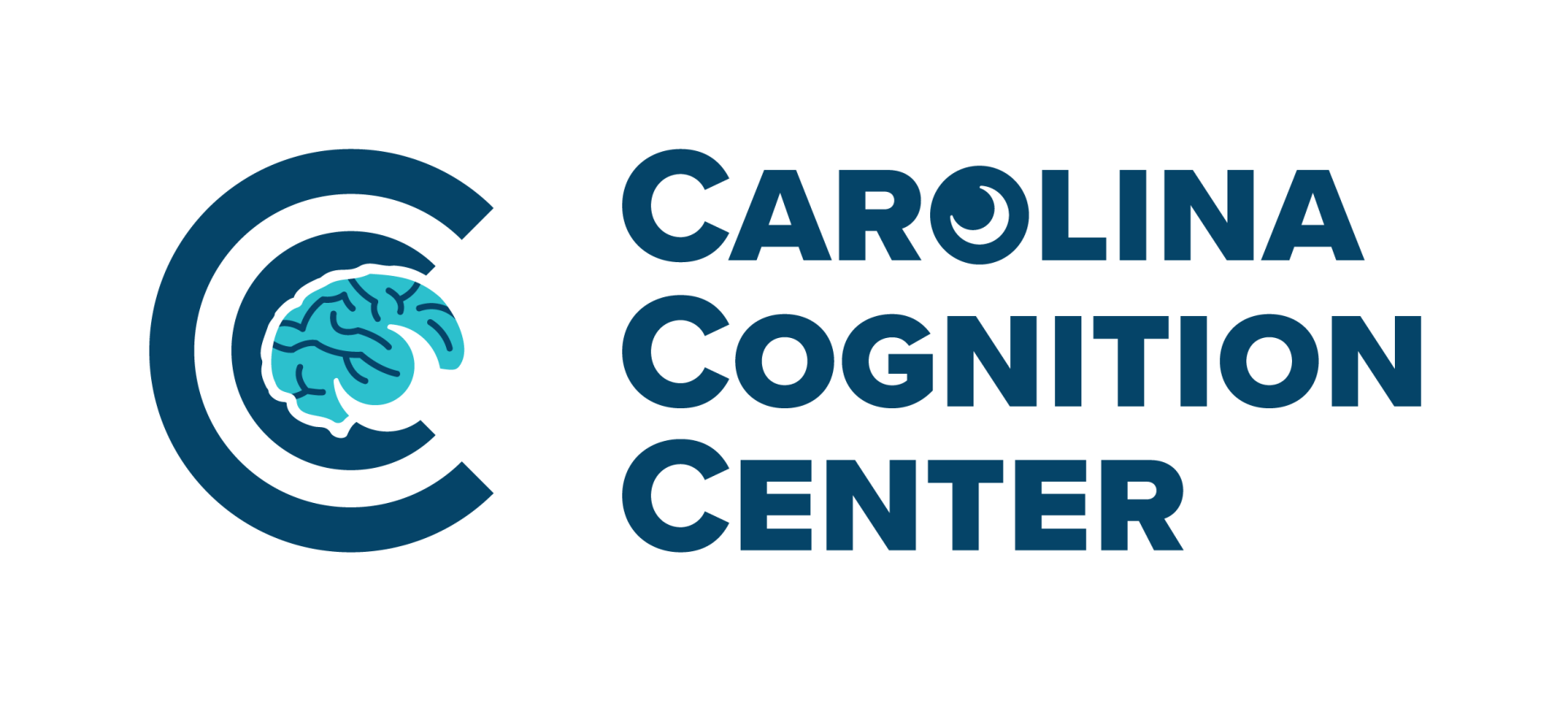WHAT TO EXPECT
Cognitive testing is different than your typical doctor's appointment.
Here's what to expect.
Your Evaluation
Part 1 - Interview
6
Your evaluation will begin with a clinical interview. Dr. Hurley will ask you questions about your symptoms and concerns, personal background, and medical history. You are welcome to bring a spouse, family member, or trusted individual with you to the interview, as they can provide valuable perspective regarding your case. If you have any of your medical records, you are encouraged to bring them. A typical interview takes 35-45 minutes to complete.
Part 2 – Testing
-
Once the interview is completed, you’ll work with Dr. Hurley one-on-one to complete a series of cognitive tests. Neuropsychological testing allows Dr. Hurley to measure your brain's functions (e.g., attention and memory). The testing portion of your evaluation is open-ended, as Dr. Hurley will select the best tests to assess your unique symptoms and concerns. For most Comprehensive Evaluations, testing takes approximately 3 hours. For Cognitive Screening evaluations, expect to complete approximately 60 minutes of neurocognitive testing.
If a loved one has accompanied you to the evaluation, they are welcome to wait for you in our comfortable lounge area.
Part 3 – Data Analysis
-
Congratulations, you’re done for the day (but Dr. Hurley's work is just beginning)! After the interview and testing are complete, go home and enjoy your day.
Dr. Hurley will spend the rest of his day analyzing and interpreting your data. He will put all of your results, including diagnoses and treatment recommendations, into a written report. Did you know that a typical comprehensive evaluation requires approximately 8-10 hours of work for Dr. Hurley?!
Part 4 – Feedback
-
You'll have a feedback session with Dr. Hurley a few days later. Feedback sessions are used to explain the results and recommendations associated with your evaluation.
Feedback sessions can be completed in-person or via telephone – your choice! Most feedback sessions last approximately 60 minutes. Dr. Hurley will provide you with a copy of your report that you are free to take to future appointments with your primary care physician, neurologist, speech therapist, etc.
What is a neuropsychological evaluation?
A neuropsychological evaluation looks at how the health of your brain affects your thinking, functioning, and behavior.
Many people become frustrated when they report memory loss or other cognitive changes to their primary care doctor, only to be told to monitor the changes and follow-up in 6-12 months; at best, they're given a 5-minute screening test to conclude their annual wellness visit. This isn't the physician's fault - they don't have the time, training, tools, or resources necessary to conduct comprehensive cognitive assessments. That's where neuropsychology comes in! Think of a neuropsychologist like your brain consultant - they assess and diagnose cognitive concerns in order to develop an appropriate treatment plan. Your physician receives all of the results and recommendations and resumes caring for your condition.
A neurocognitive evaluation consists of a series of paper-and-pencil tests designed to measure how well a person's brain is working. Dr. Hurley will measure your attention and concentration, learning, visual and verbal memory, executive functioning, problem-solving, language, motor functioning, and visual-spatial processing. Questions about anxiety, depression, and stress are also utilized, as these can easily affect cognitive performance. Your performance is compared to similarly aged peers in order to determine what is typical versus atypical functioning.
Neuropsychological testing is sensitive to subtle changes in brain functioning, and can detect early problems with cognition that neuroimaging (e.g., CT scan, MRI) can't. Neuroimaging gives you a great picture of your brain, but neuropsychological testing tells you about the performance of your brain. In certain cases (e.g., strokes, multiple sclerosis), however, completing neuroimaging prior to neuropsychological testing is preferred.
The term "cognoscopy" has recently gained popularity, as people are seeking new ways of being proactive with their cognitive health. Exercise caution if an advertised evaluation is only 5-10 minutes long, as these evaluations fail to provide the breadth and depth of assessment necessary to fully evaluate cognition. Furthermore, this style of assessment fails to account for important demographic data and baseline functioning that are vital to the reliability and validity of cognitive assessments.
Tips for Your Evaluation
Most clients spend 2.5 - 3.5 hours with Dr. Hurley during their evaluation. You'll be using lots of brain power, so here are some tips to make the most of your appointment:
- Get plenty of rest the night before
- Don't drink alcohol the night before or the day of your evaluation
- Bring water and a small snack (if desired)
- Take your medications as prescribed by your physicians
- Bring a copy of your recent medical records and current medications
- Bring any legal documents, such as power of attorney
- Bring your glasses, reading lenses, hearing aids, etc.
- Plan to arrive 15 minutes before your scheduled evaluation

